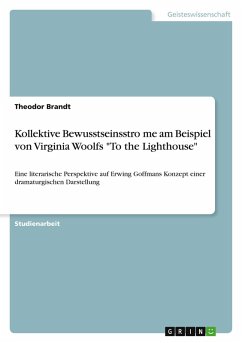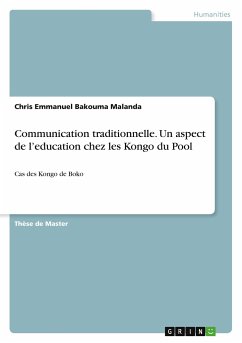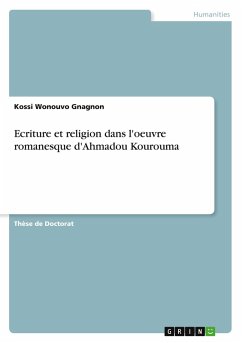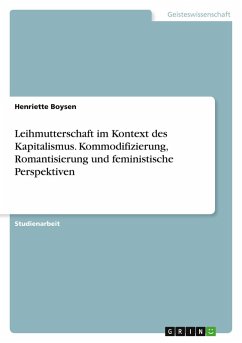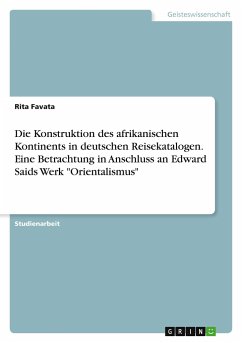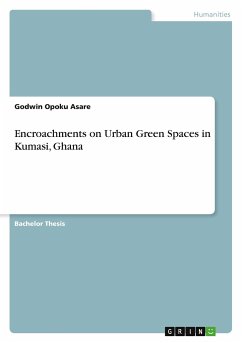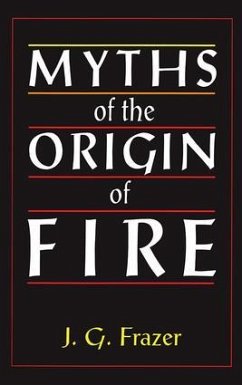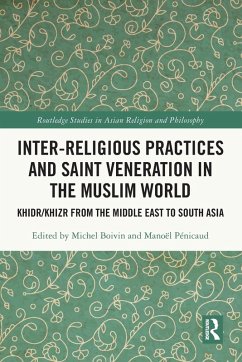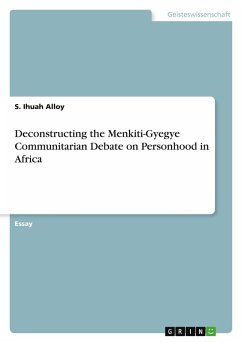
Deconstructing the Menkiti-Gyegye Communitarian Debate on Personhood in Africa
Versandkostenfrei!
Versandfertig in 1-2 Wochen
18,95 €
inkl. MwSt.

PAYBACK Punkte
0 °P sammeln!
Essay aus dem Jahr 2024 im Fachbereich Afrikawissenschaften - Sonstiges, , Sprache: Deutsch, Abstract: This paper affirms that life in its existential meaning is human fellowship and solidarity among individuals, although the rights of individual persons and freedom of self-expression within the communities are not in doubt. African intellectuals have been engaged in the recent past in a polarized debate on the concept of personhood. Three major strands in this deconstruction have unfortunately been polarized on ethnic lines. On the one hand is the Menkiti thesis pushes the communitarian conce...
Essay aus dem Jahr 2024 im Fachbereich Afrikawissenschaften - Sonstiges, , Sprache: Deutsch, Abstract: This paper affirms that life in its existential meaning is human fellowship and solidarity among individuals, although the rights of individual persons and freedom of self-expression within the communities are not in doubt. African intellectuals have been engaged in the recent past in a polarized debate on the concept of personhood. Three major strands in this deconstruction have unfortunately been polarized on ethnic lines. On the one hand is the Menkiti thesis pushes the communitarian conception of personhood that amplifies the Igbo ontology. On the second hand is the Gyekye proposition that illuminates the moderate communitarian thesis that leans to Akan cosmology. There is the third outlook which arises in a Yoruba allegory that highlights individual responsibility. Proponents of these theses have however shown that, communal intimate belongingness is mostly limited to a micro community rather than the totality of a larger African community. Menki (radical communitarianism) has for instance argued within the context of this communal living that, an individual owns no personality, and only becomes a perso n through social and ritual incorporation. Gyekye¿s (1992) moderate communitarianism and to some extent John Mbiti¿s (1980) corporate group theory have aligned with Menkiti by conceptualizing personhood as a state of life that is acquired as one participates in communal life through the discharge of the various obligations defined by one¿s stations. These scholars have argued from this premise that, "the older an individual becomes, the more of a person that individual becomes", and that, "personhood is a quality acquired as one gets older". This mode of thinking not only ignores the essentials of personhood, namely, self-determination and the rights of the individual, it exposes the overbearing mode of the community and scuttles the inherent freedom and primacy of the individual thought and his right to question communal ideas.



